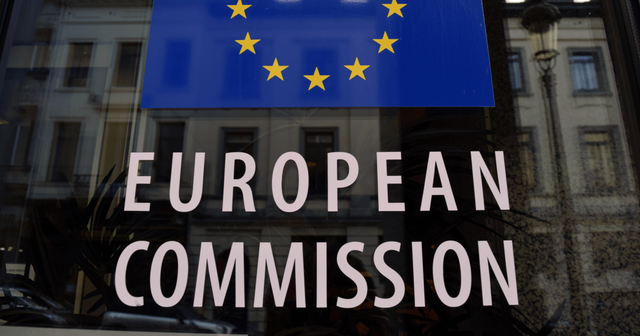European Commission launches regulatory sandbox for 20 blockchain projects annually until 2026
The European Commission has launched a regulatory sandbox for innovative uses of distributed ledger technology (DLT).
The sandbox is funded by the Digital Europe program and will be available until 2026. It is designed to support 20 projects each year, including scenarios for the use of European blockchain services infrastructure in the public sector. Projects are selected based on requests for expressions of interest.
The most innovative regulator participating in the sandbox will receive an annual award. The sandbox will be facilitated by a syndicate led by Bird & Bird and its consulting arm OXYGY, supported by WBNoDE and web designers Spindox. As for the selection process, it will be overseen by a group of independent academic experts.

The report says that the main goal of the sandbox is to support cross-border dialogue with regulators and supervisors, as well as between and among companies or government agencies. The initiative will also allow supervisors to improve their knowledge of DLT-related technologies, and lessons learned will be shared among participating regulators, allowing the Commission to identify best practices.
The Blockchain Regulatory Sandbox will work with other relevant sandbox structures, including the EU Digital Finance Platform. It has been opened to companies that are close to entering the market or are at an early stage of operation.

Projects that may enter the sandbox must include the use of DLT among other technologies. Priority will be given to use cases selected for deployment between government agencies in the European blockchain services infrastructure, but up to 20 use cases with a cross-border dimension could also participate each year.
Another initiative by the European Commission in blockchain technology development was the development of a law that will regulate the use of the European Union Central Bank's (CBDC) digital currency. According to Fabio Panetta, a member of the executive board of the European Central Bank (ECB), with the help of the digital euro it will be possible to impose restrictions on transactions and means of savings for individuals. It is assumed that the digital euro will be an additional option for retail payments.